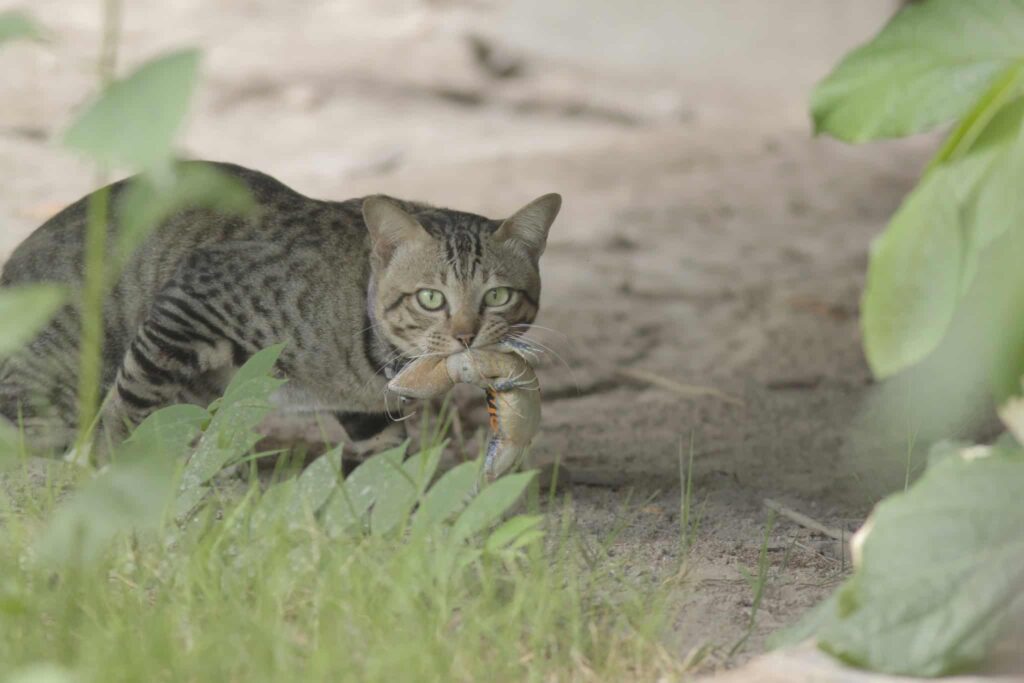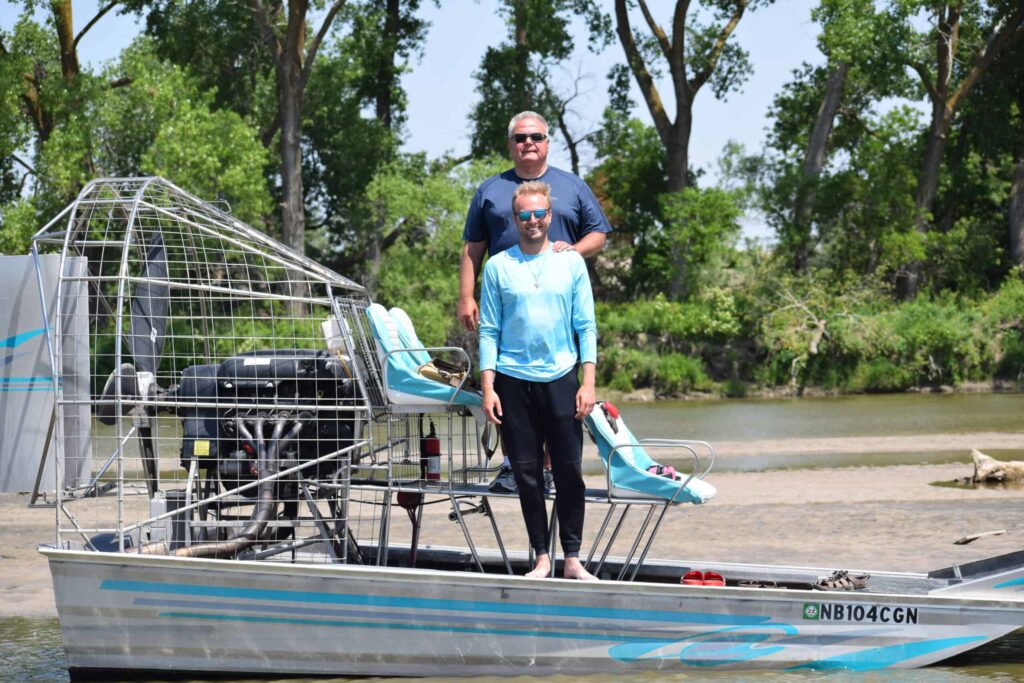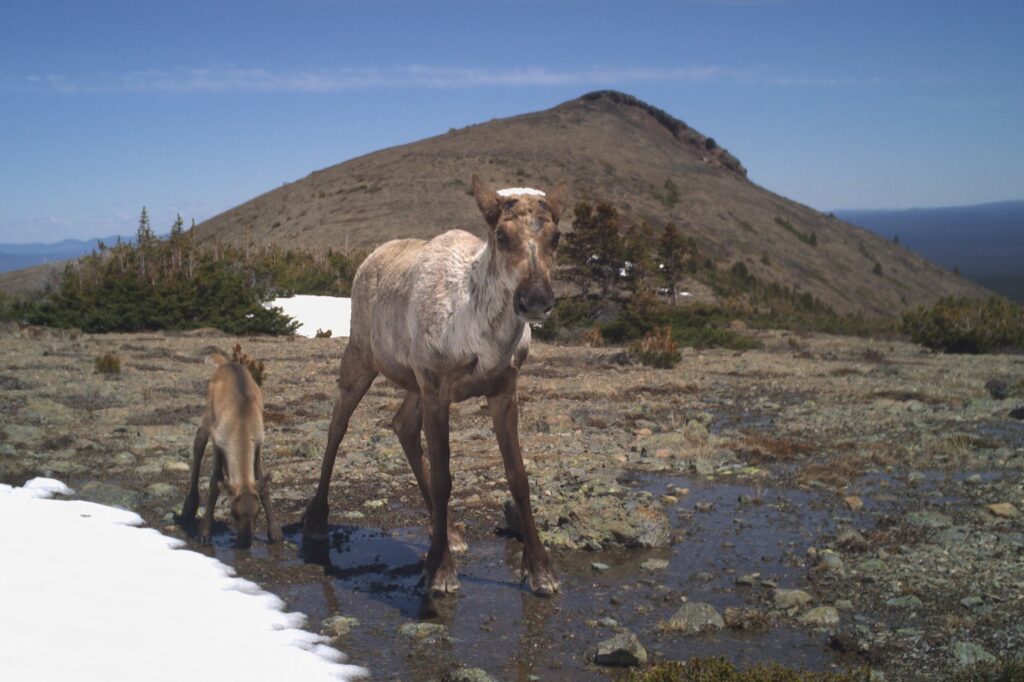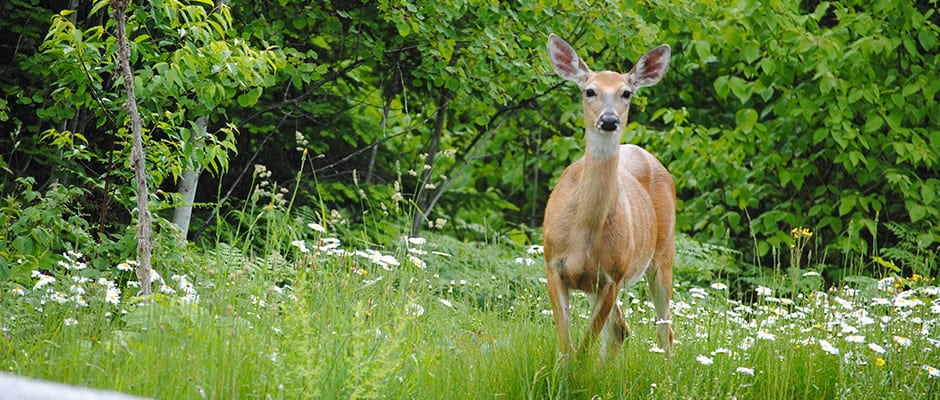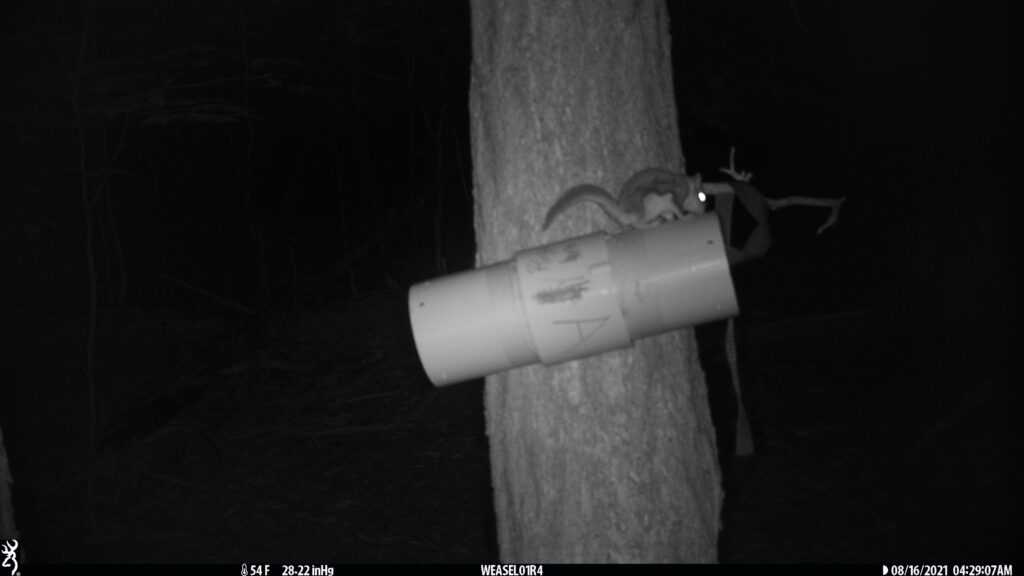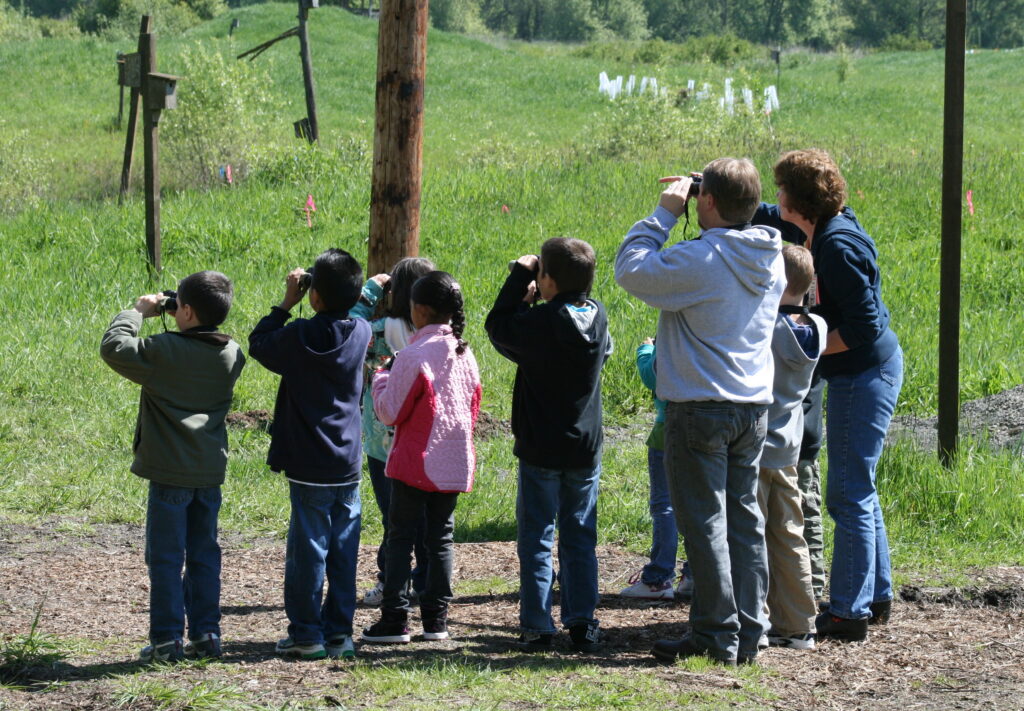With deer hunting season underway in Michigan, hunters are beginning to help the Michigan Department of Natural Resources in their efforts to test deer for chronic wasting disease (CWD) — the fatal neurological disease that has infected three free-ranging white-tailed deer in the state since June.
As part of its efforts to eradicate the disease, the DNR is enforcing mandatory check stations for deer hunted in the core CWD area, which encompasses nine townships surrounding the area where the initial case was detected in June. There are three check stations in the core area, and they will be open seven days a week. Outside of the core area, the DNR still encourages hunters to get their deer tested although the testing is not mandatory, according to Chad Stewart, deer management specialist at the Michigan DNR.
So far, the DNR has tested 60 deer that hunters have brought to check stations through October 1 and confirmed that it did not detect CWD in any of them. Since it has been about a week beyond those confirmations, Stewart expects the number of deer collected to be over 100 now. Stewart said that hunters can play a large role in curtailing the spread of the disease to more deer. “I think this year, most hunters do understand they need to help out,” Stewart said. “We’ve had a lot of positive responses to what we’re doing so far. People are seemingly willing to help out and participate with the regulatory process of surveillance.”
The DNR has also implemented other measures to stop the spread of the disease. They placed two billboards on southern Michigan highways that lead out of the state to target hunters who might be traveling to other states to hunt elk or deer. The billboard notifies individuals of carcass importation restrictions from other states. One restriction in Michigan is that anyone hunting in a different state with known CWD in deer or elk can only bring certain parts of the carcass back into Michigan. “The billboards are a not-so-subtle reminder that when you go out of state to hunt, you need to know what you can legally bring back,” Stewart said, adding that the billboard includes a link to the DNR’s website that individuals can visit for more information.
Over the summer, the DNR contracted sharpshooters to remove deer from the immediate area surrounding Meridian Township, where the first infected deer was found. However, they recently reduced the number of sharpshooters and are relying on hunters to help them detect infected deer. “We want and need our hunters to help us with this surveillance,” Stewart said. “They will cover a broader area and a greater number of deer over that area to help support our surveillance efforts.
While Stewart said he won’t be surprised if more deer with CWD are detected, he hopes that hunters’ efforts will be helpful in stopping the disease from spreading further. “The response has been pretty positive,” he said. “There are still many willing participants this year. It will really be helpful in getting deer out of the immediate area and getting samples to see what we’re working with as far as the disease is concerned.”
Article by Dana Kobilinsky